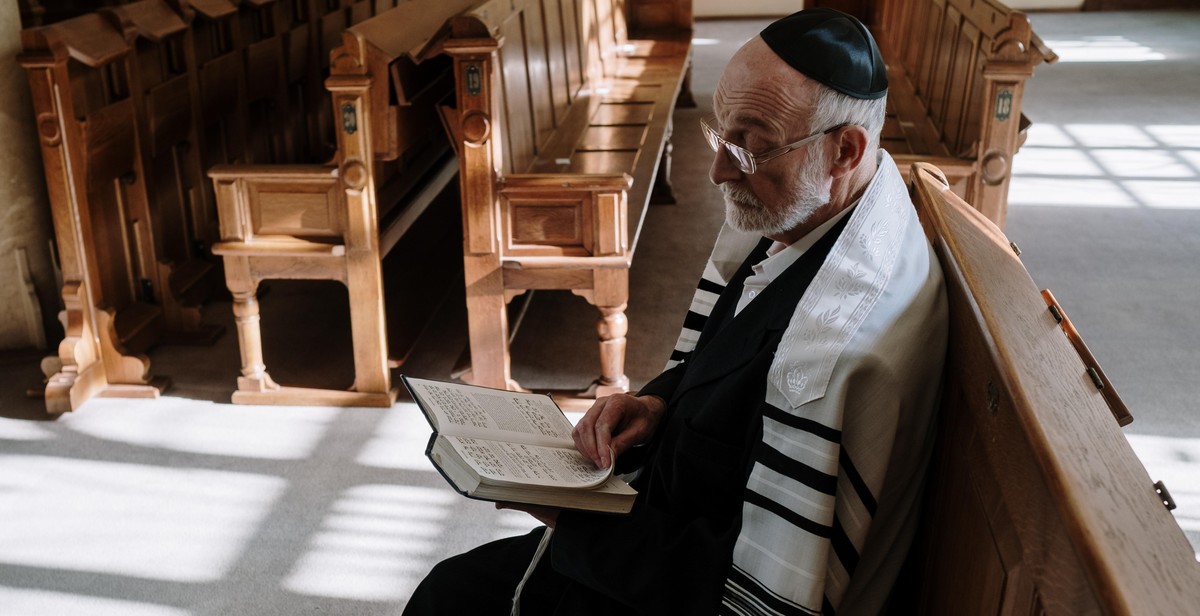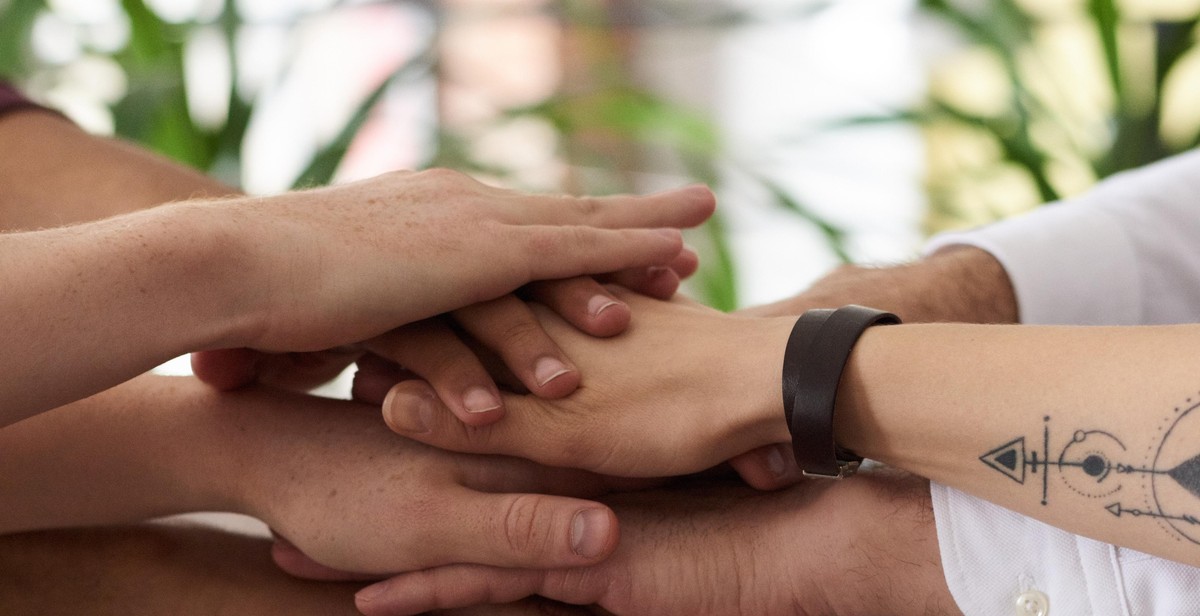How to Navigate Cultural and Religious Differences in a Relationship
When two people from different cultural and religious backgrounds come together in a relationship, it can be a beautiful thing. However, it can also be challenging. Cultural and religious differences can cause misunderstandings, conflicts, and even lead to the end of the relationship. Therefore, it is essential to understand why these differences matter in a relationship and how to navigate them.
Why Cultural and Religious Differences Matter in a Relationship
Culture and religion are two of the most important aspects of a person’s identity. They shape our beliefs, values, and traditions. When two people from different cultures or religions come together, they bring their unique perspectives and experiences. While this can be enriching, it can also lead to misunderstandings and conflicts.
Cultural and religious differences can affect various aspects of a relationship, including communication, family dynamics, and even daily routines. For example, one partner may value independence, while the other may prioritize family obligations. These differences can lead to disagreements about how to spend time together.
Furthermore, cultural and religious differences can affect how each partner views important issues like marriage, children, and even career choices. These differences can cause tension and stress in the relationship, leading to a breakdown in communication and ultimately, the end of the relationship.
However, with the right attitude and approach, couples can navigate cultural and religious differences successfully. In the following sections, we will explore some practical tips that can help couples overcome these challenges and build a stronger, more resilient relationship.

Understanding Cultural and Religious Differences
Cultural and religious differences can be a significant challenge in any relationship. Understanding and respecting these differences is crucial for a healthy and successful relationship. Here are some key points to consider when navigating cultural and religious differences:
Cultural Differences
Culture encompasses many aspects of a person’s life, including language, customs, beliefs, values, and traditions. Understanding and respecting your partner’s cultural background is critical in any relationship. Here are some things to keep in mind:
- Be open-minded and curious about your partner’s culture.
- Learn about your partner’s customs, traditions, and beliefs.
- Respect your partner’s cultural practices, even if they are different from your own.
- Be willing to compromise and find a middle ground that works for both of you.
- Communicate openly and honestly about your cultural differences and how they impact your relationship.
Religious Differences
Religion is an essential aspect of many people’s lives. It can influence their beliefs, values, and practices. Understanding and respecting your partner’s religious beliefs is crucial in any relationship. Here are some things to keep in mind:
- Be open-minded and respectful of your partner’s religious beliefs.
- Learn about your partner’s religion and its practices.
- Respect your partner’s religious practices, even if they are different from your own.
- Be willing to compromise and find a middle ground that works for both of you.
- Communicate openly and honestly about your religious differences and how they impact your relationship.
It is essential to remember that cultural and religious differences should not be viewed as obstacles in a relationship, but rather as opportunities to learn, grow, and broaden your perspectives. By understanding and respecting each other’s differences, you can create a strong and healthy relationship built on mutual trust and respect.

Challenges of Navigating Cultural and Religious Differences in a Relationship
While being in a relationship with someone from a different cultural or religious background can be exciting and enriching, it also comes with its own set of challenges. Here are some of the common challenges that couples face when navigating cultural and religious differences:
Communication
Effective communication is the foundation of any healthy relationship, but it becomes even more crucial when cultural and religious differences are involved. Misunderstandings can easily arise due to differences in communication styles, language barriers, and cultural nuances. It’s important to be patient, open-minded, and willing to learn from your partner. Being respectful and actively listening to your partner’s perspective can help to bridge the communication gap.
Family
Families can be a major source of support in a relationship, but they can also be a source of conflict when cultural and religious differences are involved. Some families may not approve of their child’s partner if they come from a different cultural or religious background. It’s important to have open and honest conversations with your partner’s family and try to understand their perspective. Building a relationship with your partner’s family can help to ease tensions and create a more harmonious environment.
Traditions
Cultural and religious traditions can be deeply ingrained and important to individuals. It’s important to respect each other’s traditions and find ways to incorporate them into your relationship. This can help to create a sense of understanding and appreciation for each other’s culture and religion. It’s also important to be open to creating new traditions together that reflect both of your backgrounds.
Values
Values are the beliefs and principles that guide our behavior and decision-making. Cultural and religious differences can lead to differences in values, which can create conflict in a relationship. It’s important to have open and honest conversations about your values and try to find common ground. Compromise and understanding can help to bridge the gap and create a more harmonious relationship.
Prejudices
Prejudices and stereotypes can be a major obstacle in a relationship when cultural and religious differences are involved. It’s important to be aware of your own biases and try to overcome them. It’s also important to challenge any prejudices that your partner may face due to their cultural or religious background. Creating a safe and supportive environment for each other can help to overcome these obstacles.
Conclusion
Navigating cultural and religious differences in a relationship can be challenging, but it can also be incredibly rewarding. By being patient, open-minded, and respectful, couples can overcome these challenges and create a strong and healthy relationship that celebrates their differences.

Tips for Navigating Cultural and Religious Differences in a Relationship
Having cultural and religious differences in a relationship can be challenging, but it doesn’t have to be a deal-breaker. Below are some tips to help navigate these differences:
Be Open-minded and Respectful
It’s important to approach your partner’s culture and religion with an open mind and respect. Avoid being judgmental or dismissive of their beliefs and traditions.
Communicate Openly and Honestly
Effective communication is key to any relationship. Be open and honest about your own beliefs and traditions, and listen actively to your partner’s perspective.
Learn about Each Other’s Culture and Religion
Take the time to learn about your partner’s culture and religion. This will help you understand their perspective and appreciate their beliefs and traditions.
Find Common Ground
Focus on the things you have in common rather than the differences. This will help you build a stronger bond and create a sense of unity.
Compromise
Be willing to compromise on certain issues. This will show your partner that you respect their beliefs and are willing to find a middle ground.
Involve Families
It’s important to involve both families in the relationship and have open and honest conversations about cultural and religious differences. This will help create a sense of understanding and acceptance.
Seek Professional Help If Needed
If cultural and religious differences are causing significant challenges in your relationship, consider seeking professional help. A therapist or counselor can help you navigate these differences and find solutions that work for both of you.
